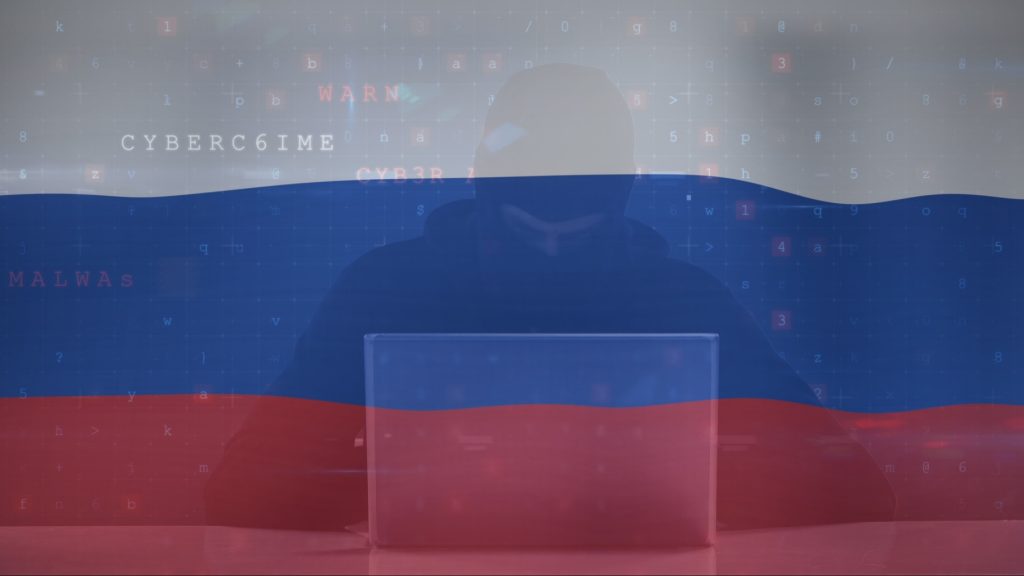
On October 2nd, Britain announced imposed sanctions against 16 members of the notorious Russian cyber-crime group Evil Corp, the gang was accused of conducting operations on behalf of Russia against NATO allies.
The move, in same path with the US and Australia, is yet another step in the ongoing battle against cyber-attacks affiliated with Russia.
Evil Corp, once described as the world’s most feared cyber-crime group, has long been in the sights of law enforcement.
“Today’s sanctions send a clear message to the Kremlin that we will not tolerate Russian cyber-attacks-whether from the state itself or from its cyber-criminal ecosystem,” said David Lammy, the UK’s foreign minister. Britain’s National Crime Agency pointed out the latest move was a clear warning to the Kremlin.
Cybercrimes Against State Interests
Evil Corp is far more than a cyber-crime group, it’s part of a broader Russian strategy to use cyber-attacks as a tool of geopolitical influence. The NCA said that the gang is deeply embedded within the Russian intelligence services, conducting both espionage and cyber-attacks on NATO members-many of those operations remain undisclosed in detail.
In a more ominous turn, Evil Corp’s leader, Maksim Yakubets, was tied to the ransomware group known as LockBit, responsible for several high-profile attacks targeting companies like Boeing and Britain’s Royal Mail. The connections also underline how increasingly blurred the dividing lines are between state-sponsored cyber-crime group activities and criminal enterprises – LockBit is one of the biggest ransomware players Western law enforcement agencies have disrupted.
Why Not Domestically?
While Britain’s action against Evil Corp is part of a broader Western strategy against Russian cyber-crime group attacks, one wonders why the spotlight falls only on the threats outside of the US and Britain.
Tensions between the US and Russia are escalating, yet shouldn’t there be an adequate level of scrutiny toward weaknesses within the West itself?
These reflect a growing urgency on the part of Western nations to rein in Russian cyber-crime group, but the broader implications-specially the role that Western platforms play in enabling these threats-remain very much open to question.
Rather than focusing only on Russian cybercrime, experts’ opinion is shifting with some believing the US should take a take look at internal vulnerabilities that’s enabling the repetitive occurrence of such attacks. Social media giants, like Meta, have been known to carelessly enable misinformation campaigns and provide means for manipulation.
Meanwhile, the National Crime Agency of Britain isn’t letting that stop the mission at hand. “The action announced today has taken place in conjunction with extensive and complex investigations by the NCA into two of the most harmful cyber-crime groups of all time,” stated James Babbage, the Director General for Threats at the NCA.